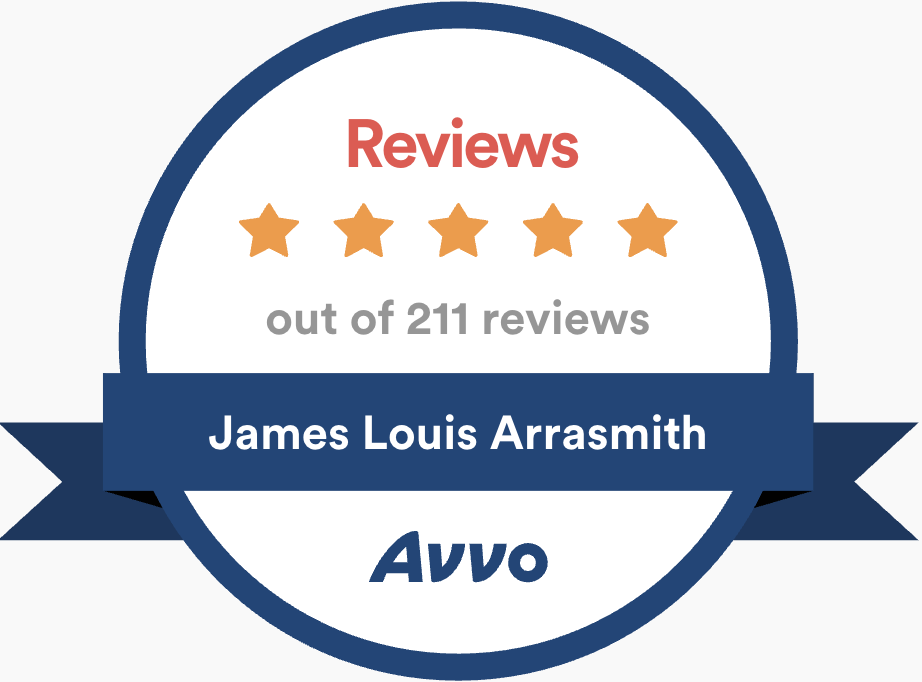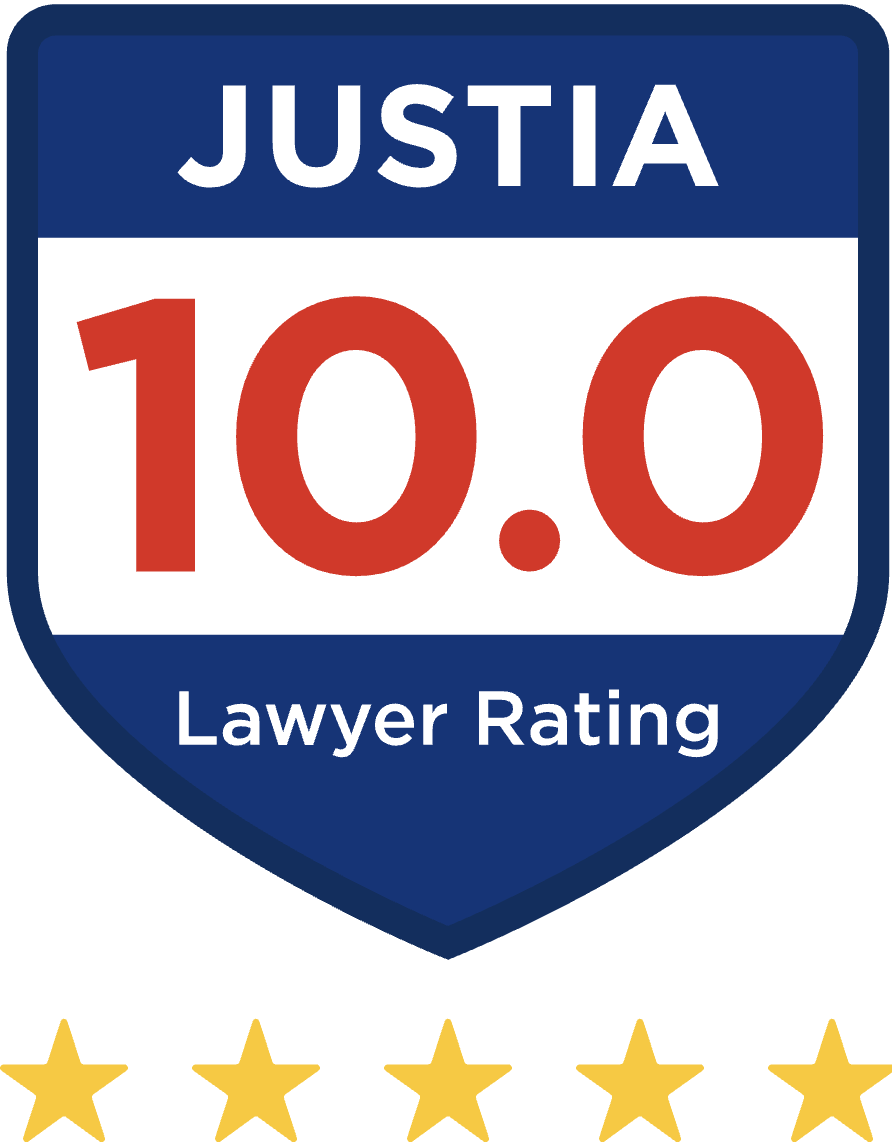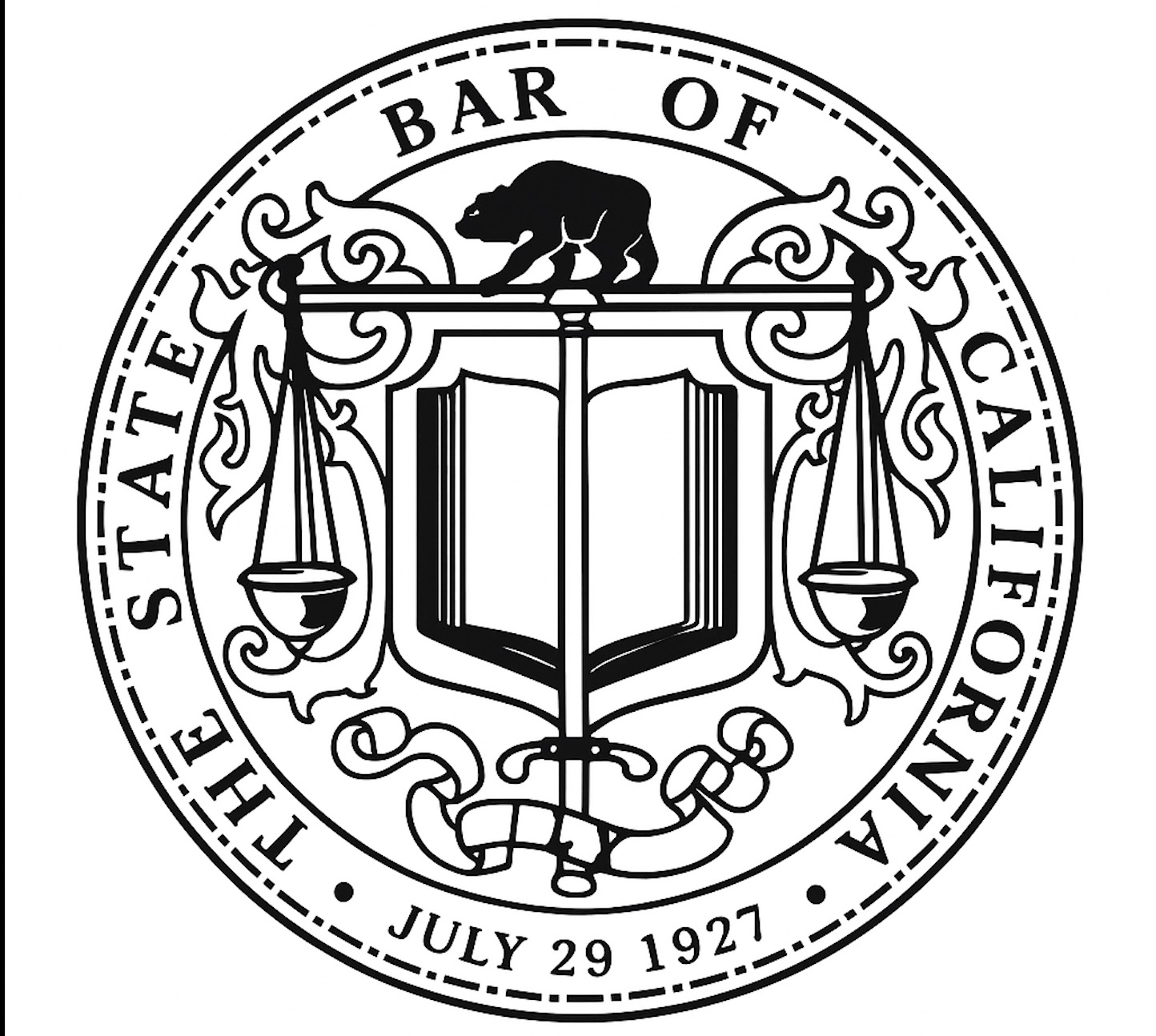Officiating a Wedding in California: My Complete, No-Stress Guide
Authored by Izzat H. Riaz – Californian Paralegal, U.K. Certified Lawyer (LL.M.)

Why this matters (and why I love this job)
When someone asks you to officiate, they’re handing you the keys to one of the biggest moments of their lives. It’s beautiful, and it’s also paperwork. My job is making sure the romance and the rules line up so the couple gets both: a ceremony that feels like them, and a marriage that’s 100% valid under California law.
Below is exactly how I walk friends, family, and first-time officiants through the process—what authority you need, which license to get, who signs, and what to file (and when).
Who can officiate in California (the short, true answer)
California keeps the door wide open:
- Clergy of any faith (priests, ministers, rabbis, imams, etc.), including those ordained online by recognized religious bodies.
- Judicial officers (judges, court commissioners, retired judges).
- Deputized “for a day” civil officiants, available in many counties (often called Deputy Commissioner for a Day).
There is no statewide officiant registration. Most counties won’t ask you to file anything ahead of time. Your ordination credentials (if you’re clergy) are your authority, keep a copy in your folder just in case a clerk or venue asks.
Ordination: the fast track most friends use
If you’re not clergy or a judge, online ordination through a recognized religious organization is the simplest route. It’s usually instant or same-day, often free or low-cost, and widely accepted by California counties. Order a printable ordination certificate, I always bring a copy to the rehearsal and the ceremony.
Pro tip: Before you promise the couple, call the county clerk where the wedding will happen. Say you’re ordained online and ask if they recognize those credentials. (They do, this call just prevents last-minute nerves.)
Licenses 101 (this is where most mistakes happen)
Public vs. Confidential Marriage Licenses
- Public license
- Can be purchased in any CA county; ceremony can occur anywhere in CA.
- Requires at least one witness to sign (you may have space for two, but only one is legally required).
- Becomes a public record.
- Confidential license
- Couple must be living together.
- No witness signatures allowed or required.
- Record is confidential (not publicly searchable).
Timing and basics
- No waiting period in California.
- License validity: typically 90 days from issuance.
- Both parties appear at the clerk’s office with valid ID. Some counties require appointments.
Your officiant job starts before the ceremony: look at the license. Confirm names, dates, the correct county, and whether you’ll need witnesses.

Exactly what I do as the officiant (start to finish)
1) Before the big day
- Meet the couple: tone, length (15–30 mins is common), readings, vows, any faith/cultural elements.
- Script the ceremony: welcome, address, vows, rings, any unity ritual, pronouncement. Print a clean copy.
- Check the license type (public vs. confidential) and witness plan (public = 1 witness required; confidential = none).
- Bring your credentials (ordination certificate) and a good pen.
2) At the ceremony
- Open clearly and warmly, guide everyone through the moments.
- Pronounce them married (use their preferred language—“by the authority vested in me…” works for most).
- Sign the license correctly:
- You sign as the officiant (print name and your title, e.g., “Minister/Officiant” or “Deputy Commissioner for a Day”).
- For a public license, have one witness sign (two can sign if there’s space; one is enough).
- For a confidential license, no witness signs.
3) After the ceremony (don’t skip this)
- Decide in advance who will file it: you, the planner, or the couple. I like to hand it to a designated person with simple written instructions.
- Make sure all signatures and fields are complete and legible.
- Return the license for recording promptly (California expects it back quickly—many counties specify within 10 days).
Once the recorder processes it, the marriage is on the books. The couple can order certified copies (needed for name changes, benefits, etc.).
Deputy for a Day: a clean civil option
If the couple wants a non-religious ceremony and you’d rather avoid ordination, ask the county about Deputy Marriage Commissioner for a Day. There’s usually a small fee and a short appointment. You’re authorized only for that one ceremony, which keeps it tidy and strictly civil.
Ceremony checklist (my one-page printout)
- ✅ License type confirmed (Public / Confidential)
- ✅ Names + date correct
- ✅ Witness plan (Public: 1 required; Confidential: none)
- ✅ Rings/vows/readings printed & in order
- ✅ Mic / sound check (if needed)
- ✅ Ordination certificate (or deputy paperwork) in folder
- ✅ Black ink pen for signatures
- ✅ Post-ceremony filer assigned (officiant / planner / couple)
- ✅ Filing deadline noted (aim for next business day)
What to say (a simple, adaptable structure)
- Welcome & opening (set the tone, acknowledge families)
- Words about love/commitment (your voice, their story)
- Vows (personal or traditional)
- Rings (brief blessing or statement of exchange)
- Pronouncement (“By the authority vested in me by the State of California…”)
- Presentation (introduce the couple)
- License signing (quiet corner, water, good pen)
Keep it human. Your calm presence is half the magic.
Quick FAQ (the things couples ask me)
Do I have to register as an officiant with the county?
No statewide registration. Bring your ordination/deputy paperwork; that’s enough.
How many witnesses do we need?
Public license: one witness required (a second may sign if there’s space).
Confidential license: no witnesses.
Can a family member officiate?
Yes, if they’re ordained or deputized for the day.
What if the couple forgets the license?
You can hold a symbolic ceremony, but it won’t be legally binding until the license is signed and filed. I always confirm the license is physically on site before we begin.
What if a clerk questions my online ordination?
Show your certificate; if needed, call the clerk ahead of time. California clerks routinely accept online ordinations from recognized organizations.Do I need insurance?
Not legally, but some venues require it. Ask the planner/venue early if they need a COI.
Common pitfalls (and how I avoid them)
- Wrong ink or unreadable entries → Use black ink, write clearly, no cross-outs.
- Witness disappears to cocktail hour → Pre-assign the witness and sign immediately post-recessional.
- License left in a décor box → Hand it to the pre-assigned filer before photos start.
- Missed filing window → Aim to file next business day. Don’t wait.
Bottom line (my professional promise)
Officiating is equal parts heart and compliance. If you confirm your authority, choose the right license, manage the witness/signing correctly, and file on time, you’ve done the job beautifully, legally and emotionally. The couple remembers how you made the moment feel; the State remembers that you returned the paperwork. Do both, and you’ve given them a flawless start.













